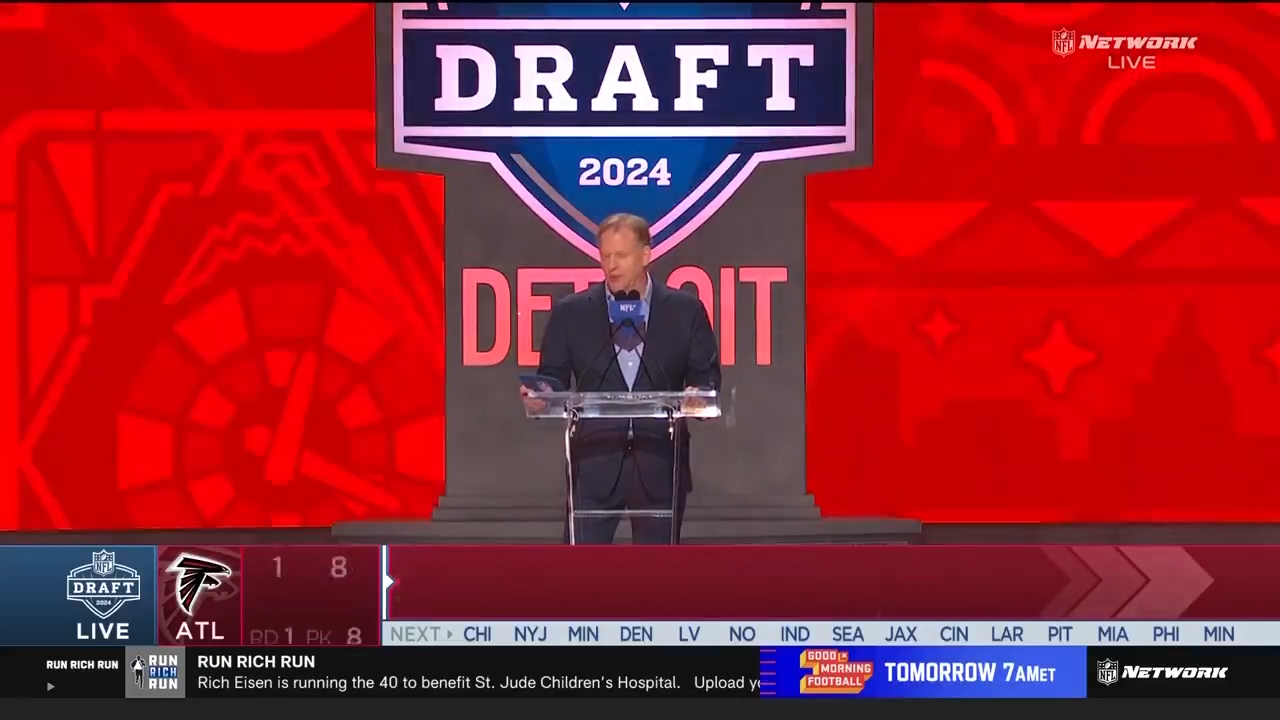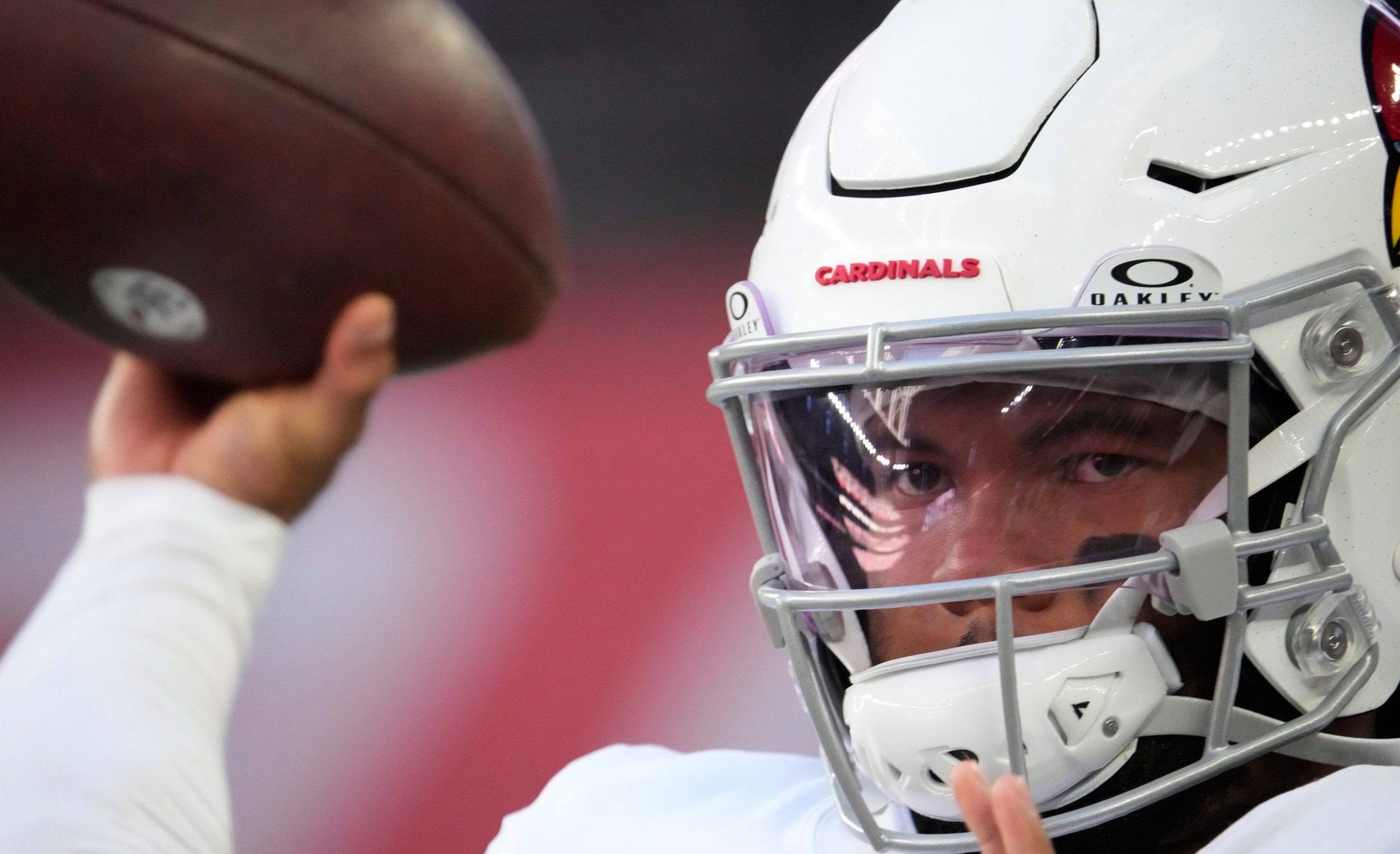When UCLA travels to Memphis this week for its Sweet Sixteen matchup against Kentucky, the school will be defying a California law that bans travel to Tennessee, Mississippi, Kansas, and North Carolina for the states’ anti-LGBT laws.
The law in question in Tennessee allows therapists to refuse treatment to LGBT people. The LGBT community is often one of the groups most in need of mental health services, as they face an increased risk of suicide and suicidal thoughts, which can only be compounded by a non-welcoming environment.
UCLA spokesperson Josh Rupprecht told The Wichita Eagle in January that UCLA would no longer schedule games in those four states, but that it would not necessarily avoid playing in those states if the NCAA placed the Bruins there.
Asked whether this would prevent UCLA from traveling to Wichita for the NCAA men’s basketball tournament in 2018, Rupprecht said in a second e-mail that should “the NCAA assign us to a tournament bracket in a state affected by AB 1887, barring unforeseen circumstances, we will not deny our student-athletes the right to participate in postseason play.”
It’s unclear how, exactly, UCLA is able to get around this law. The law allows travel that was scheduled before January 1, 2017, but even though Memphis was named as a site before the turn of the new year, UCLA wasn’t scheduled to play there yet, and the school could have theoretically requested another bracket.
Essentially, UCLA seems to just be ignoring the law because the Sweet Sixteen is that important. In the sports world, that mindset makes a lot of sense—of course they can’t boycott the Sweet Sixteen, right? But take a step back and consider that California law has decided that states like Tennessee are violating human rights so egregiously that even important political meetings can’t take place in the state. But basketball is important enough to make an exception?
If the Sweet Sixteen were this important, UCLA and the NCAA should have worked together to make the schedule accommodate the law. The NCAA already places teams based on geographic preference and bans hosts from playing at home, and it has even switched its bracket up to accommodate BYU’s desire to not play on Sundays, so this wouldn’t have been a difficult or unprecedented thing to do.
If the NCAA could do make that switch because of BYU’s moral objection to playing on Sundays, why couldn’t it work with UCLA to do the same based on its moral objection against discrimination?
This is just another example of support for LGBT rights only going so far so as not to interfere with our own entertainment.







